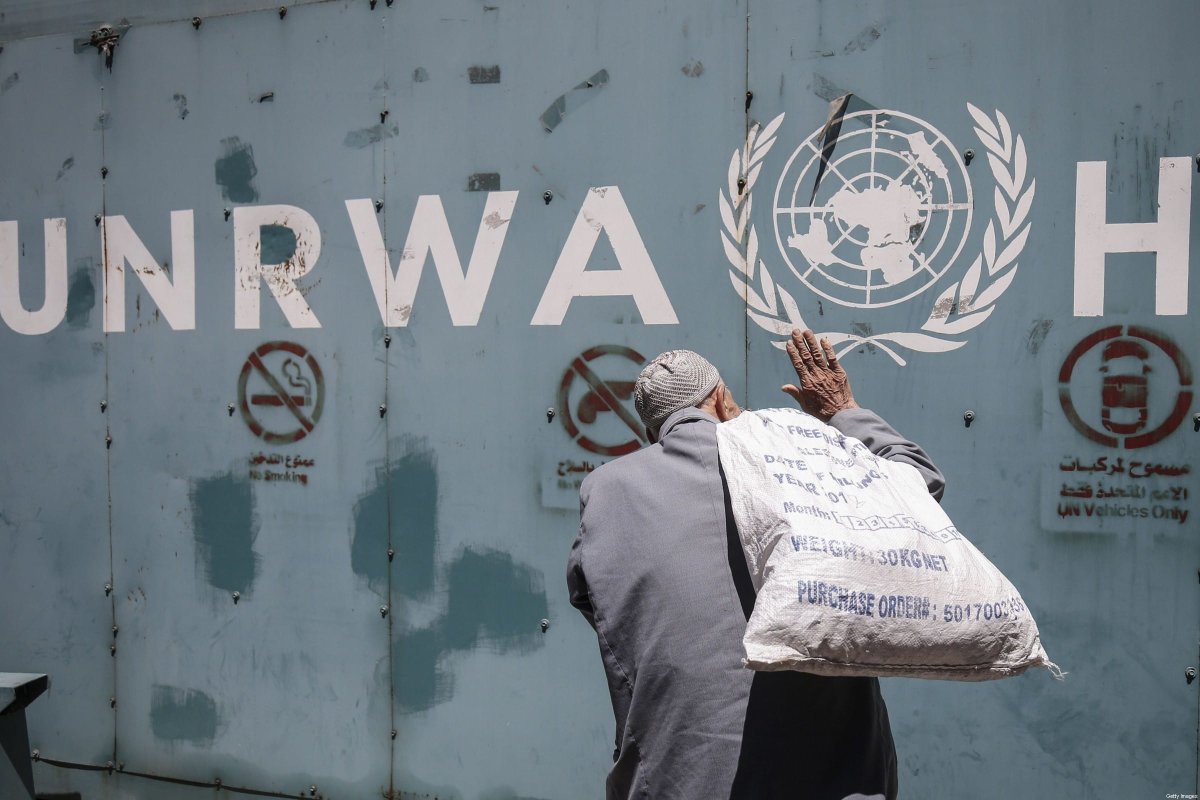The European Parliament (EP) last week passed a budgetary resolution that rebukes the United Nations Relief and Works Agency (UNRWA) for preaching hatred of Israel in its school textbooks, and calls for conditioning aid on the removal of such curricula. This resolution signals the potential in Europe for a much larger discussion about whether the agency’s agenda is compatible with any of the European Union’s stated goals on the Palestinian issue.
The EP included its rebuke in a “discharge” resolution, a vehicle for oversight of European Commission spending. UNRWA dismissed the EP’s concerns as “unfounded assertions.”
The resolution reflects two trends in European engagement with the Palestinian issue. First, the Europeans are increasingly concerned about anti-Israel and antisemitic incitement in Palestinian educational materials. They are also troubled by the use of European aid money to fund activities that encourage violence or terrorism by Palestinian factions.
Second, policymakers in Europe are finally beginning to ask tough questions about the kind of organization UNRWA is and whether it is facilitating peace at all. UNRWA’s corruption, its mismanagement, its turning a blind eye to the misuse of its facilities by terrorist organizations, and especially its anti-peace educational materials are now on the agendas of the EP as well as an increasing number of actors in European domestic politics.
The Europeans initially treated discussions of incitement with skepticism. These assertions were nothing more than “spin” and “part of a broader campaign aimed at delegitimizing Palestinian national political identity,” wrote one analyst at the European Council on Foreign Relations.
But attitudes are shifting. When the Trump administration cut all aid to UNRWA, it prompted a reflexive increase in contributions from the European Union and EU member states, especially Germany. However, it also sparked a quiet discussion in European capitals about UNRWA’s role in prolonging the Arab-Israeli conflict.
UNRWA’s biggest problem is not corruption or mismanagement or even incitement. UNRWA exists not to mitigate the effects of the Arab-Israeli conflict but rather to exacerbate them. Rather than solving the refugee problem, UNRWA’s dishonest recognition of descendants of refugees perpetuates this problem and ensures that the unrealistic demand for a Palestinian “right of return” will continue to stymie final-status peace negotiations in the future, just as it has since the failed 2000 Camp David summit.
In this context, the quiet discussions in the EP and a few European foreign ministries about UNRWA’s flaws should lead to a broader conversation about the organization’s mission. The Swiss foreign minister gingerly raised the issue in 2018, but it generated no immediate shift in policy. Since then, Switzerland, the Netherlands, Belgium, Norway, and other European countries have temporarily suspended aid to UNRWA in response to specific problems such as corruption or incitement in school textbooks.
European governments deserve praise for waking up to UNRWA’s abuse of foreign aid. Europe should now consider whether sending that aid to other organizations would benefit Palestinians more while also encouraging Palestinians to live in peace alongside Israel. As it stands now, that aid is wasted. It has encouraged generations to embrace irredentist claims to replace Israel.
Shany Mor is an adjunct fellow at the Foundation for Defense of Democracies (FDD), where his research focuses on Israel’s relations with Europe. For more analysis from Shany and FDD, please subscribe HERE. Follow him on Twitter @ShMMor. Follow FDD on Twitter @FDD. FDD is a Washington, DC-based, nonpartisan research institute focusing on national security and foreign policy.









